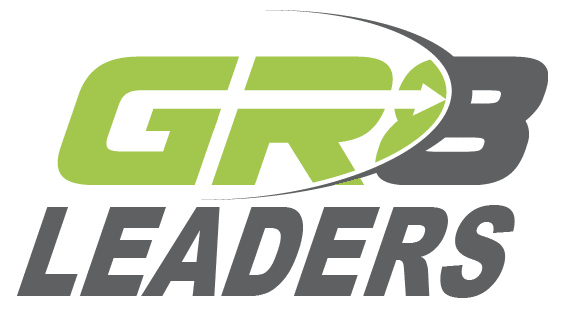Strategic thinking is needed everywhere. And, it doesn't matter if you are a sole proprietor, own and run a business with 50 employees, or are the CEO of a multi-billion dollar company. Whatever you do, no matter your level in business, you need strategic thinking.
Any business has complex situations, difficult problems, and challenging decisions. And you probably do not have access to all the information you need to make the best decision. Worse yet, you may not understand the entire system. But you still need to decide and act.
That's why you need to know how to think strategically.

Strategic Thinking
Analyzing opportunities and problems from a broad perspective is part of strategic thinking. Or, if you look at the possible impact your actions might have on others, that, too, is good strategic thinking. Any time you look at what could happen to the entire business, you are likely thinking strategically.
When you think strategically, you...
- …see beyond day-to-day work and consider the larger environment
- …ask questions and challenge assumptions about how things work
- …gather complex, even ambiguous data and interpret it
- …use the insights to make choices and select appropriate courses of action.
Additionally, strategic thinking helps you...
- …prioritize the critical items that will allow you to be successful
- …assess the business environment at the corporate and individual unit level
- …gather and analyze information
- …estimate the changes that must be made today to generate desired results tomorrow.
Strategic Thinking Defined
So, with all those bullet points, here is a definition of Strategic Thinking...
Using opportunities presented TODAY to generate
the best possible business results TOMORROW.
Strategic Thinking Requires Strategic Thinkers
For clarity, here are three categories for assessing your strategic thinking ability. Some items overlap in the categories.
Personal Traits
- Curiosity: You are interested in what's going on in your unit, company, and industry.
- Flexibility: You adapt approaches and shift ideas when new information suggests the need to do so.
- Future focus: You constantly consider how the conditions in which your group and company operate may change in the coming months and years. You keep an eye out for opportunities that may prove valuable in the future and threats that may be looming.
- Positive outlook: You view challenges as opportunities and believe that success is possible.
- Openness: You welcome ideas from supervisors, peers, employees, and outside stakeholders (customers, suppliers, and business partners). You take criticism well without being defensive.
- Breadth: You continually work to broaden your knowledge and experience so you can see connections and patterns across seemingly unrelated information.
Behaviors and Attitudes
- Seek other people's opinions.
- Ask questions and challenge assumptions about how the world works.
- Focus on the future.
- Identify the forces driving organizational performance and consider how to improve it.
- Watch the competition.
- Reassess who your customers are and what they value.
- Stay updated on developments in your group, other groups, and your industry overall.
- Open yourself to ongoing learning by reading books, magazines, and industry reports, attending seminars, and talking with experts.
Cognitive Capacities
- Objectively analyze situations and evaluate the pros, cons, and implications of any actions.
- Grasp abstract ideas and combine the "pieces" to form a coherent picture.
- Generate a range of options, visualize possibilities, and formulate fresh approaches to work.
- Factor hunches into decisions without allowing hunches to dominate the outcome.
- Understand systems – the cause-and-effect links among many elements, whether the system is your team, unit, organization, or a project or process.
Assessment
If you'd like to assess your strategic thinking ability, you can download this survey. It helps you identify areas of strength as well as weakness. Since strengths are more critical than weaknesses, work on strengths first. Team up with someone strong in your areas of weakness. That focuses both of you on strengths.
